Academic Research and Market Intelligence
/Papers published in academic journals or theses give vigor and breadth to market validation. They do this by providing insight into new ideas, products or markets, particularly if it’s a narrow or obscure field of research or a cutting edge development.
Academic articles also can highlight who are the KOLs (Key Opinion Leaders) on a topic. This is useful because it can identify centres of excellence or companies that are researching in that space. Conference presentations are also often covered, which help identify who else is researching your field of interest, what their findings are, what gaps in the research there are, and what their next research strands night be.
Good quality information is primarily available in English language journals, but many foreign language journals can carry vital information not found elsewhere. Crucially, they give insight into local issues, written by local researchers. These articles often have an English abstract, which can be useful. Sometimes it’s helpful to email the authors of these papers to see if they speak English, and are able to supply perhaps a presentation in English, which covers the material you need.
There’s a range of free sources of full-text articles or you can search for fee-based articles published in journals on a multitude of subjects. The most reputable journals will usually charge around $40-$50 each for an article. Here’s some of my favourite haunts:
NZResearch - New Zealand’s largest collection of theses. Here you will find research from students and staff, with most providing the full-text for free.
Google Scholar - A mixture of fee-based and free articles, plus patents and case law.
Microsoft Academic Research - This database can be searched in a variety of ways from discipline, organisation, or conference to name a few. Once you’ve found a citation of interest, you can see where the research has been cited by other researchers, all on one page.
One paper will often lead you onto another piece of relevant research, so remember to keep track of where you’ve been to avoid wasting time later, when you are trying to track down where you read something vital.

